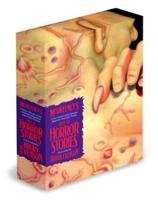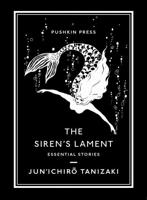Publisher's Synopsis
""Tenures of Land and Customs of Manors"" is a comprehensive guide to the legal and social systems of medieval England. Written by Thomas Blount, a prominent lawyer and scholar of the 17th century, the book covers the various forms of land ownership and tenancy that existed during the Middle Ages, as well as the customs and traditions of the manors that governed these lands.Blount's work is divided into three parts. The first part focuses on the different types of tenure, or land ownership, that existed in medieval England. This includes an explanation of the feudal system, which was the dominant form of land ownership during this time, as well as other forms of tenure such as socage and copyhold.The second part of the book deals with the customs and traditions of the manors that governed these lands. This includes an examination of the court systems that existed within manors, as well as the various rights and privileges that tenants and landowners enjoyed.The final part of the book is a collection of legal documents and court cases that illustrate the tenures and customs discussed in the previous sections. These documents provide a valuable insight into the workings of the medieval legal system, and offer a fascinating glimpse into the social and economic structures of the time.Overall, ""Tenures of Land and Customs of Manors"" is an essential resource for anyone interested in medieval history, law, or social customs. Blount's detailed and comprehensive analysis of these complex systems provides a valuable window into the past, and offers a deeper understanding of the forces that shaped medieval England.This scarce antiquarian book is a facsimile reprint of the old original and may contain some imperfections such as library marks and notations. Because we believe this work is culturally important, we have made it available as part of our commitment for protecting, preserving, and promoting the world's literature in affordable, high quality, modern editions, that are true to their original work.










